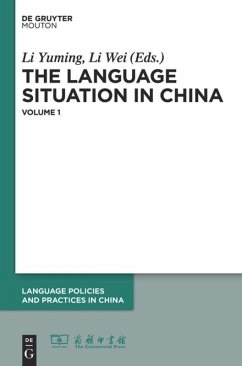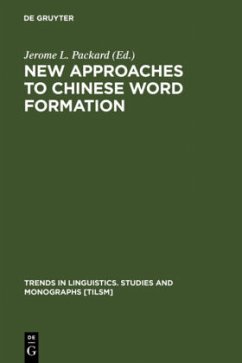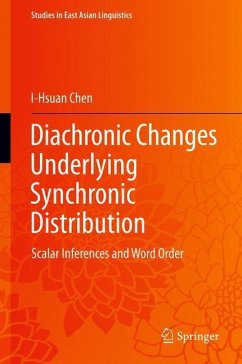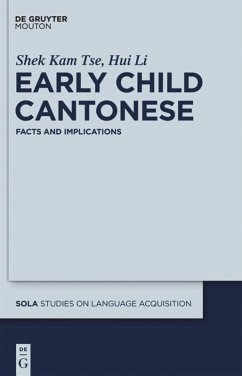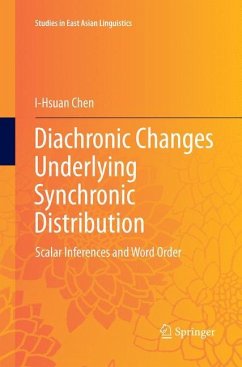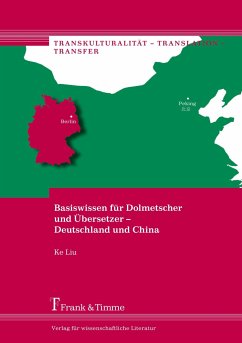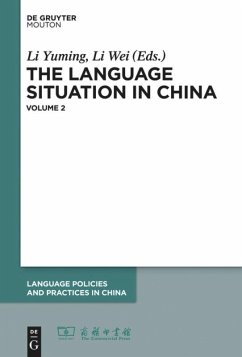
Languages of Ancient Southern Mongolia and North China
A Historical-Comparative Study of the Serbi or Xianbei Branch of the Serbi-Mongolic Language Family,with an Analysis of Northeastern Frontier Chinese and Old Tibetan Phonology

PAYBACK Punkte
36 °P sammeln!
This is the first book on the Serbi-Mongolic language family - a major language family of Asia - and the first modern linguistic study of the Serbi (Xianbei ) peoples, whose conquest of North China took place at approximately the same time as the Germanic and Hunnic Völkerwanderung into the former Western Roman Empire. The findings presented in this book - the first rigorous and systematic unified theory on the origins of the Mongolic and Serbi languages - add substantially to our understanding of the linguistic geography of Eastern Eurasia, and to the ethnolinguistic history of the Mongolic ...
This is the first book on the Serbi-Mongolic language family - a major language family of Asia - and the first modern linguistic study of the Serbi (Xianbei ) peoples, whose conquest of North China took place at approximately the same time as the Germanic and Hunnic Völkerwanderung into the former Western Roman Empire. The findings presented in this book - the first rigorous and systematic unified theory on the origins of the Mongolic and Serbi languages - add substantially to our understanding of the linguistic geography of Eastern Eurasia, and to the ethnolinguistic history of the Mongolic peoples and their neighbors, including speakers of Chinese, Japanese-Koguryoic, Tibeto-Burman, Tungusic, possibly Indo-European, and later, Turkic. This book also enhances our understanding of attested Middle Chinese, Early Old Mandarin, and Old Tibetan phonology. Moreover, it is the first study to present linguistic sketches of Taghbach (Tuoba ), Tuyuhun ('Azha ), and Kitan (Qidan ), and to systematically compare Kitan and Mongol morphological and syntactic paradigms, resulting in the first reconstruction of Common Serbi-Mongolic phonology, morphology, lexicon, and syntax. Readers interested in Mongolia, the Mongols, North China, Central Eurasia, the Tibetan Empire, languages of Asia, historical linguistics, and history will find this book to be a useful resource.




